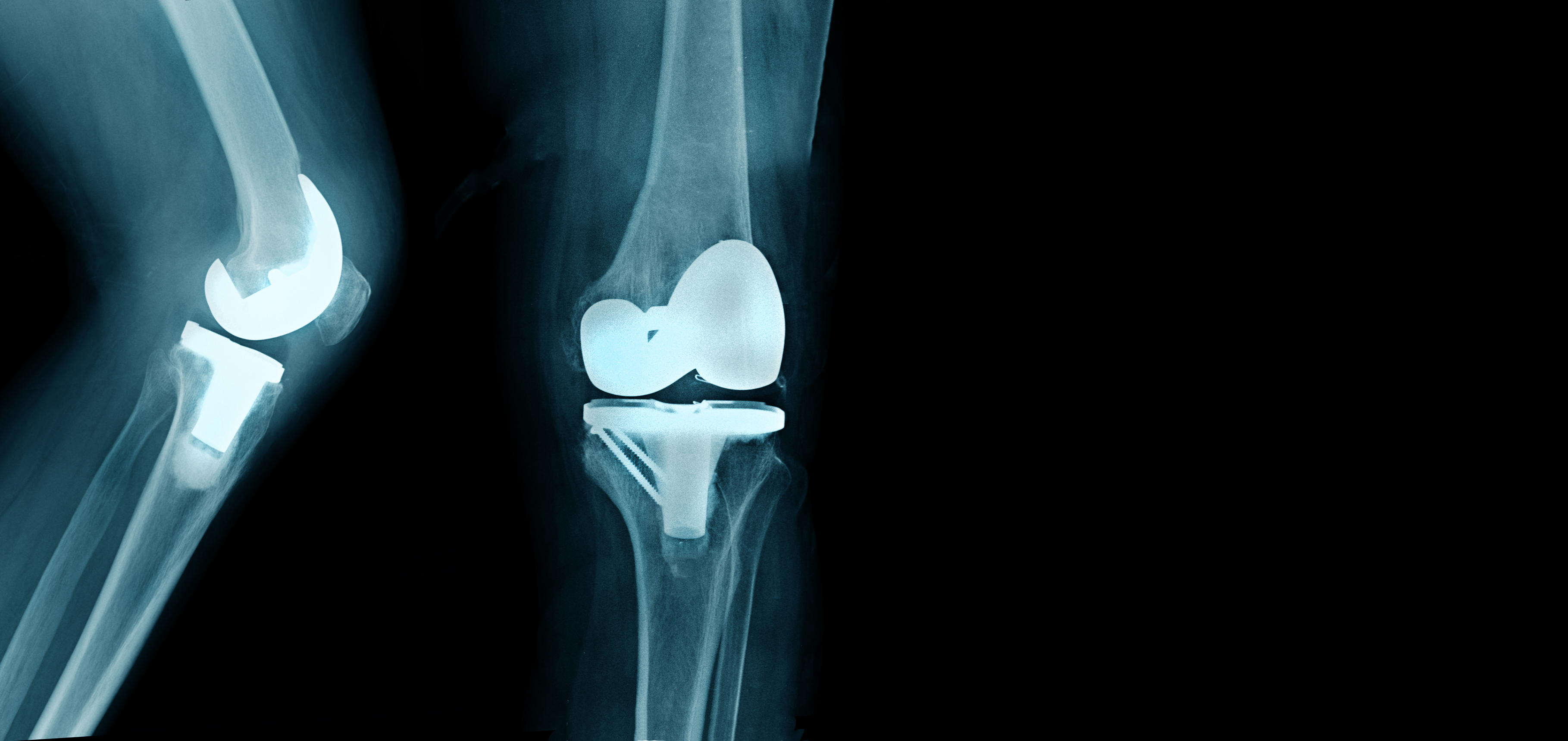
And hopefully, you’ll get there, but it will take a lot of work.
Thankfully, you can start preparing for your recovery before you even have the procedure. Experts suggest some lifestyle changes might improve your optimal outcome from knee or hip replacement surgery.
Losing weight may be one of the most beneficial things you can do to aid recovery. Adopting a more healthful diet and getting some exercise to help you get yourself into a more healthy weight range may take pressure off your healing joint and improve your ability to heal.
Exercise can help strengthen collagen, muscle, and other components of your joints, while a more healthful diet may alter your microbiome to enhance healing.
A target Body Mass Index, or BMI, is under 40, but the closer you can get to 25 or 30, the better. Even losing 20 pounds prior to surgery has been found to improve outcomes.
Avoiding cigarettes, chewing tobacco, cigars, and other products with nicotine six weeks before surgery, and staying off of them, may also help optimize recovery.
Stopping the use of narcotic painkillers two weeks before surgery may also help.
If you have diabetes, you’ll want to make sure you have good control of blood sugar before surgery. This means having hemoglobin A1C less than 7.5. Having excellent blood sugar control during the time around surgery may also be very helpful for recovery.
Some things may not help. These include herbal supplements and vitamins, wound creams, and electrical stimulation devices.
There is also evidence that weight loss through bariatric surgery may lead to more complications following hip or knee replacement surgery, regardless of BMI. Research suggests complications include infections and instability.
Experts believe this is largely due to the fact that joint structures and microbiome, which would be altered in weight loss using diet and exercise, remain unchanged with bariatric surgery.
If you’ve got surgery scheduled this year, start your recovery now to give yourself the best chance at bouncing back better and stronger.